 James Anderson Lynching Article
James Anderson Lynching Article
Entry Category: Law
 James Anderson Lynching Article
James Anderson Lynching Article
Anderson, William (Lynching of)
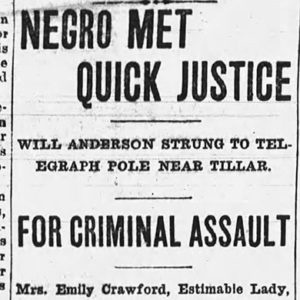 William Anderson Lynching Article
William Anderson Lynching Article
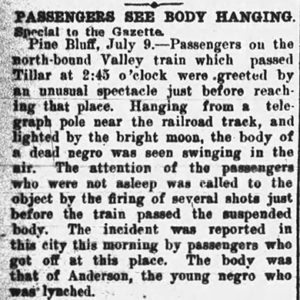 William Anderson Lynching Article
William Anderson Lynching Article
Anthony, Joseph J. (Murder of)
 Anti-Amendment 59 Brochure
Anti-Amendment 59 Brochure
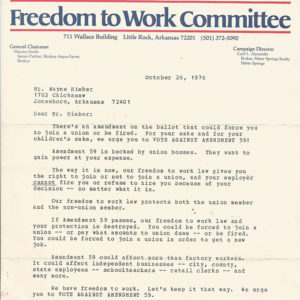 Anti-Amendment 59 Campaign
Anti-Amendment 59 Campaign
Anti-Horse Thief Association
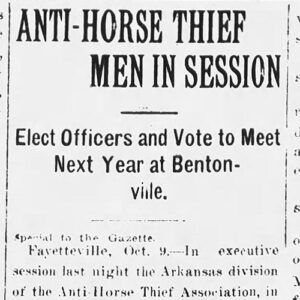 Anti-Horse Thief Association Story
Anti-Horse Thief Association Story
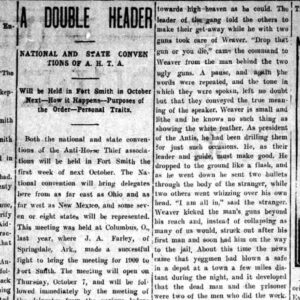 Anti-Horse Thief Association Story
Anti-Horse Thief Association Story
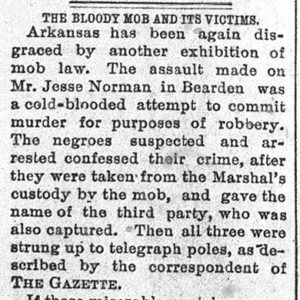 Anti-Lynching Editorial
Anti-Lynching Editorial
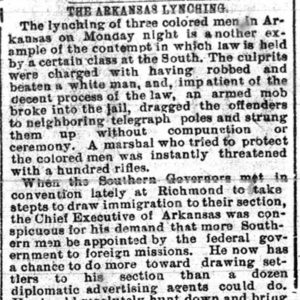 Anti-Lynching Editorial
Anti-Lynching Editorial
Anti-miscegenation Laws
Antitrust Laws and Lawsuits (Progressive Era)
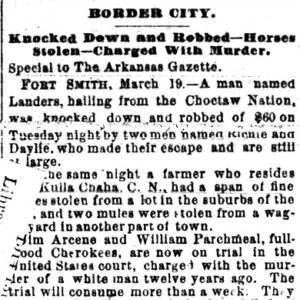 Arcene Accusation Story
Arcene Accusation Story
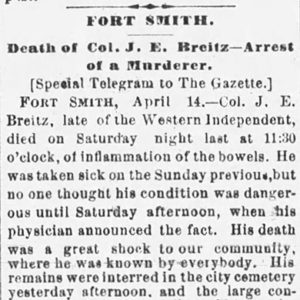 Arcene Arrest Story
Arcene Arrest Story
Arcene, James
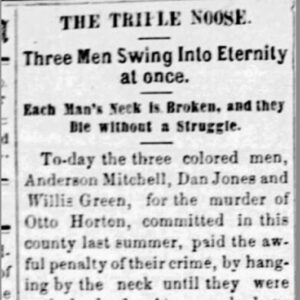 Arkadelphia Executions Article
Arkadelphia Executions Article
Arkadelphia Executions of 1889
Arkadelphia Lynching of 1879
aka: Lynching of Daniels Family
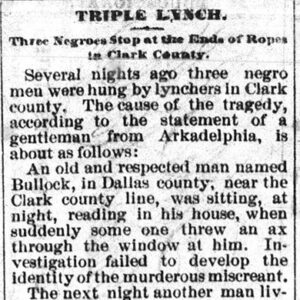 Arkadelphia Lynching Article
Arkadelphia Lynching Article
Arkansas “Scottsboro” Case
aka: Bubbles Clayton and James X. Caruthers (Trial and Execution of)
aka: James X. Caruthers and Bubbles Clayton (Trial and Execution of)
Arkansas Bar Association
Arkansas Blood Labeling Bill
aka: HB 385
Arkansas Cannon, Seizure of
aka: United States v. Six Boxes of Arms
Arkansas Civil Rights Act of 1993
aka: Act 962 of 1993
Arkansas Court of Appeals
Arkansas Department of Corrections
Arkansas Division of Community Correction (ADCC)
Arkansas Freedom of Information Act
aka: Freedom of Information Act
aka: FOIA
Arkansas Highway Police
Arkansas Law Review
Arkansas Legislative Audit
Arkansas Loan and Thrift
Arkansas Married Woman’s Property Law
Arkansas Prison Blood Scandal
Arkansas State Crime Laboratory
 Arkansas State Penitentiary
Arkansas State Penitentiary
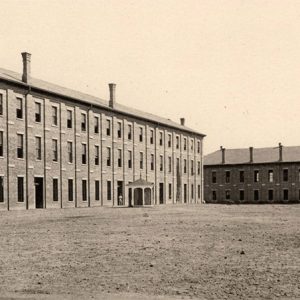 Arkansas State Penitentiary
Arkansas State Penitentiary
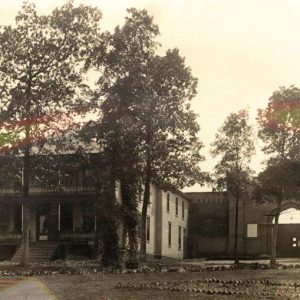 Arkansas State Penitentiary
Arkansas State Penitentiary
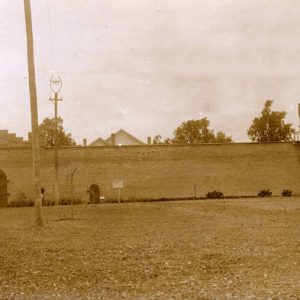 Arkansas State Penitentiary
Arkansas State Penitentiary
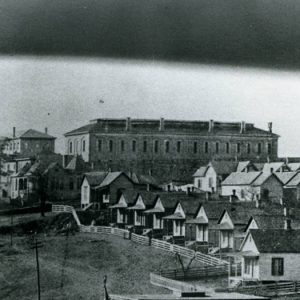 Arkansas State Penitentiary
Arkansas State Penitentiary
 Arkansas State Police Patrol Car
Arkansas State Police Patrol Car
Arkansas State Police
 Arkansas State Police Motorcycle Cop
Arkansas State Police Motorcycle Cop
 Arkansas Supreme Court
Arkansas Supreme Court
Arkansas v. Corbit (1998)
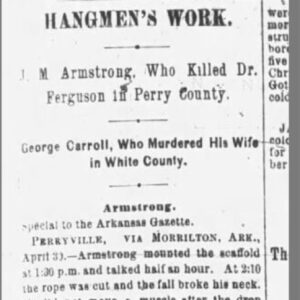 Armstrong and Carroll Execution Story
Armstrong and Carroll Execution Story
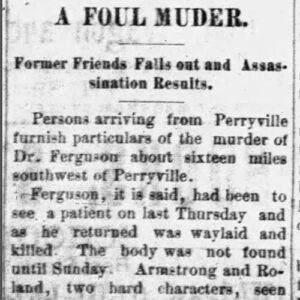 Armstrong Murder Story
Armstrong Murder Story




